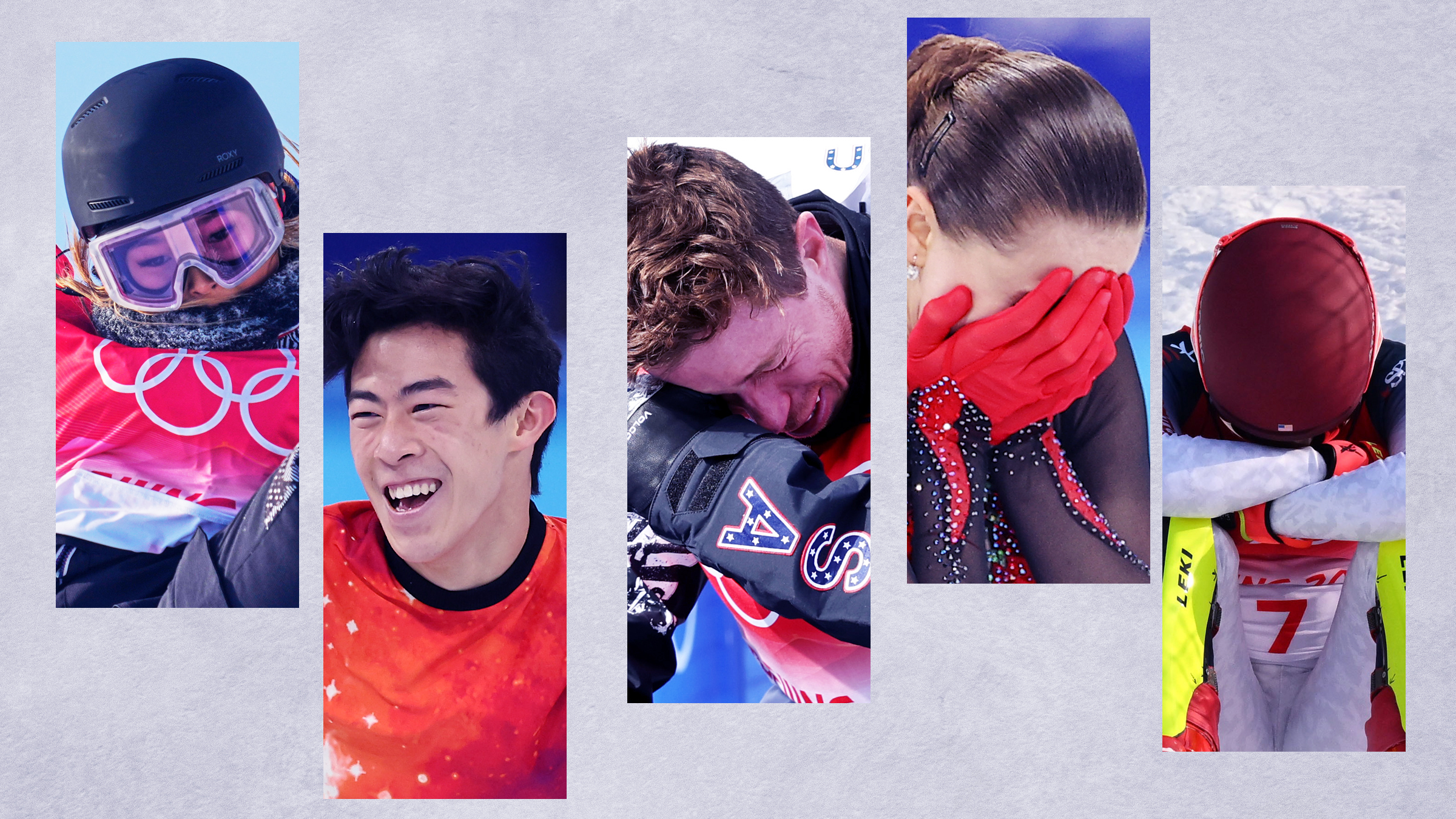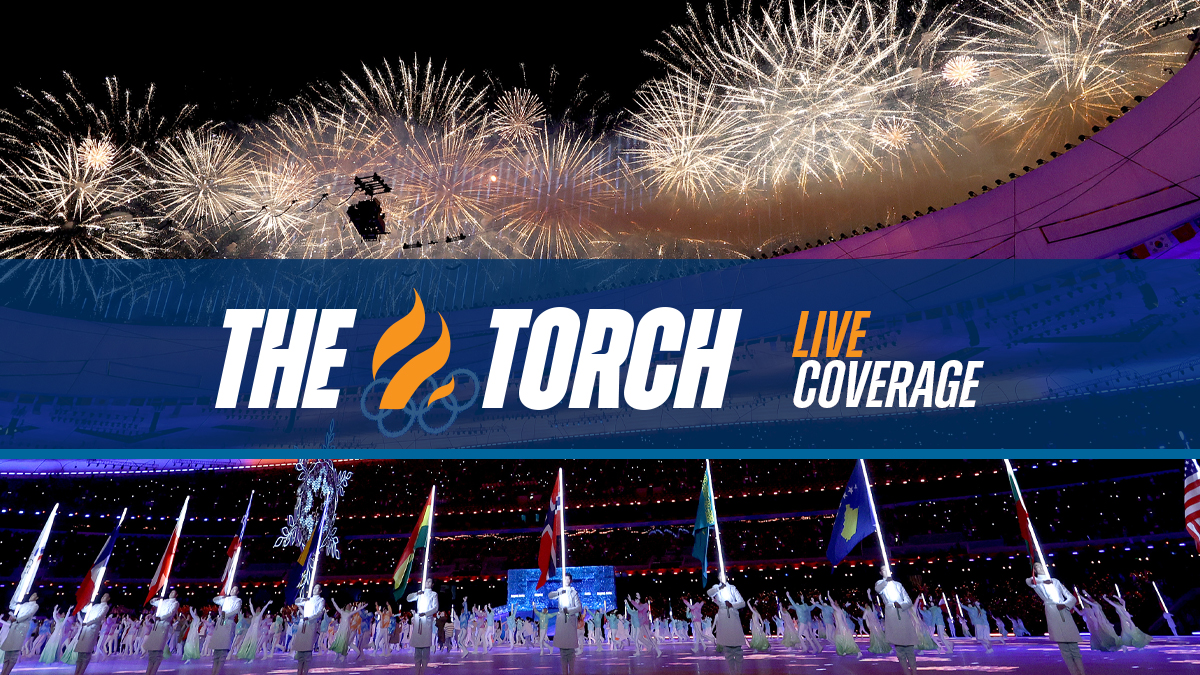The saying “Let the Games begin!” first applied to the Winter Olympics in 1924.
That was when the first official Olympic Games took place, representing the culmination of more than three decades of competition in international winter sports.
It was in 1889 when the first official world championship was organized, with the Amsterdam Speed Skating Club holding the speed skating world championships. Other winter sports soon followed suit, leading to conversations of holding the first winter version of the Olympics.
The idea took some convincing.
In 1911, International Olympic Committee member Count Brunetta d’Usseaux of Italy suggested the idea, only to have it rejected with plans already set for the 1913 Nordic Games, which was designed to be a complement to the Olympic Games.
At the Congress of the National Olympic Committees in Paris in 1914, the idea of a Winter Olympics again was discussed, garnering more support. Instead, ice skating, skiing and ice hockey were added to the existing Olympic program as optional sports.
Following an eight-year Olympic hiatus due to World War I, talks of the Winter Olympics resumed in 1921 at an advisory meeting. France offered to host “International Winter Sports Week” for 1924. The idea was endorsed by Switzerland and Canada, and opposed by Norway and Sweden. Baron Pierre de Coubertin, the founder of the IOC who is recognized as the father of the modern Olympics, also opposed the idea but suggested the IOC further discuss it in 1922 in Paris.
Beijing 2022 Winter Olympics
Watch all the action from the Beijing Olympics live on NBC
There, the Winter Olympics were officially born. A motion was passed for “International Winter Sports Week,” which would retroactively be called the Olympic Winter Games.
Let the Games begin!
Where was the first Winter Olympics held?
The first Winter Olympics were held in Chamonix, France, in 1924 from Jan. 26 to Feb. 4.
There were 16 events with 258 athletes competing. The event drew just over 10,000 spectators.
The first gold medal in Winter Games history went to the United States’ Charles Jewtraw, who had a stunning victory in the 500m speed skating event. That would be the only gold for the U.S. in the first Winter Olympics, with the Americans also capturing silver in hockey and figure skating (Beatrix Loughran) and bronze in ski jumping (Anders Haugen).
Norway, which remains the Winter Games leader in medals won (368) and gold (132), earned the most medals in 1924 with 17 (four gold, seven silver and six bronze). Finland had second most with 11 medals (four gold, four silver, three bronze), which included five by speed skater Clas Thunberg, who took home three golds to become the top performer of the inaugural Winter Games.
Which country has hosted the winter Olympics the most?
The United States has hosted more Winter Olympics than any country with four – in 1932, 1960, 1980 and 2002. France has held the second most with three.
Which countries have hosted the Winter Olympics?
The Winter Games originally were held in the same calendar year as the Summer Games. That changed following an IOC vote in 1986 that created the current two-year cycle, which began in 1994.
Here’s each host country for the Winter Olympics:
I - Chamonix, France (1924)
II - St. Moritz, Switzerland (1928)
III - Lake Placid, New York (1932)
IV - Garmisch-Partenkirchen, Germany (1936)
V - St. Moritz, Switzerland (1948)
VI - Oslo, Norway (1952)
VII - Cortina d’Ampezzo, Italy (1956)
VIII - Olympic Valley, California (1960)
IX - Innsbruck, Austria (1964)
X - Grenoble, France (1968)
XI - Sapporo, Japan (1972)
XII - Innsbruck, Austria (1976)
XIII - Lake Placid, New York (1980)
XIV - Sarajevo, Yugoslavia (1984)
XV - Calgary, Alberta (1988)
XVI - Albertville, France (1992)
XVII - Lillehammer, Norway (1994)
XVIII - Nagano, Japan (1998)
XIX - Salt Lake City, Utah (2002)
XX - Torino, Italy (2006)
XXI - Vancouver, Canada (2010)
XXII - Sochi, Russia (2014)
XXIII - PyeongChang, South Korea (2018)
XXIV - Beijing, China (2022)




